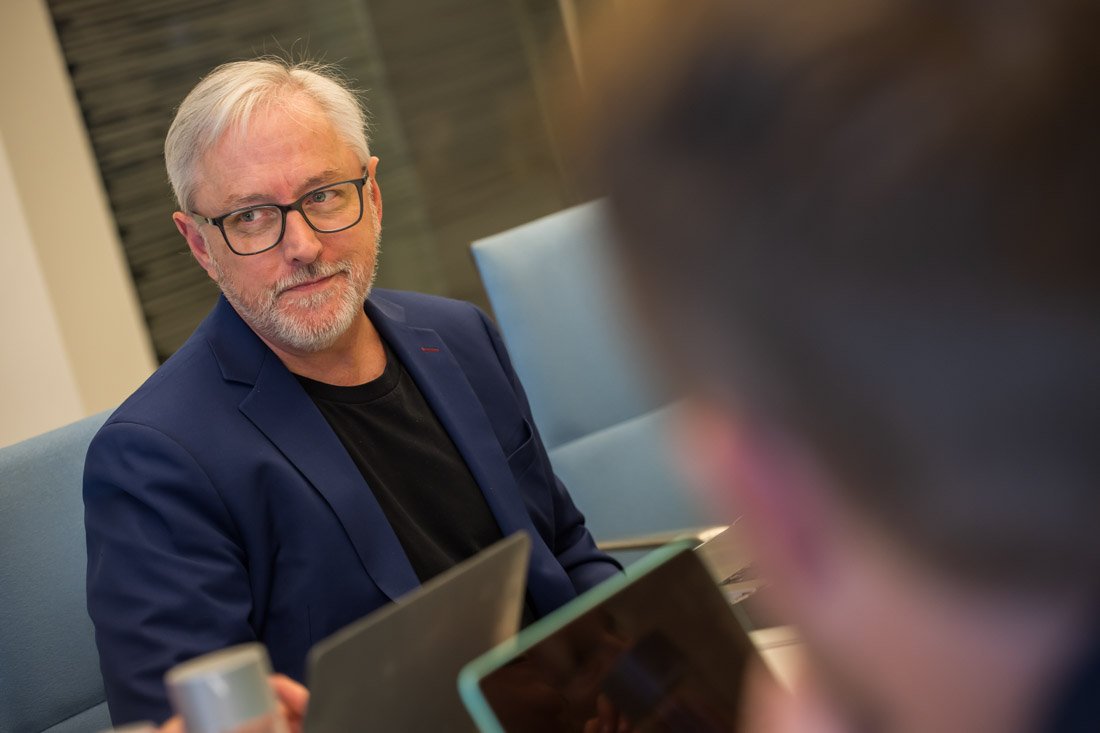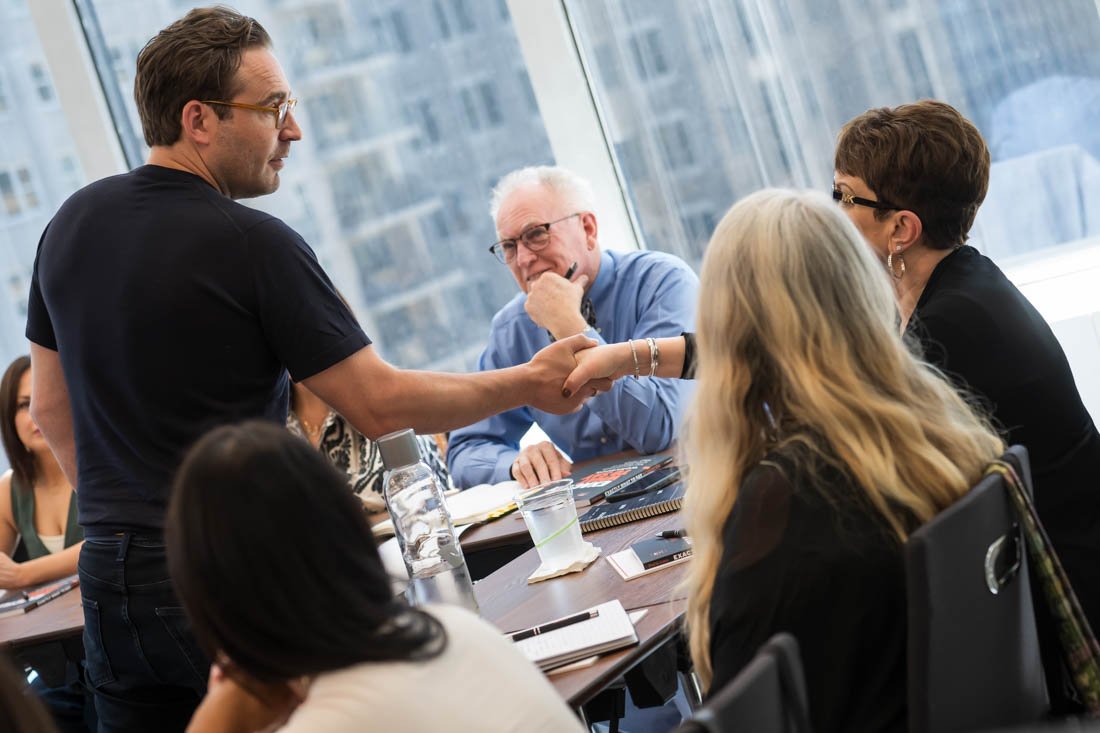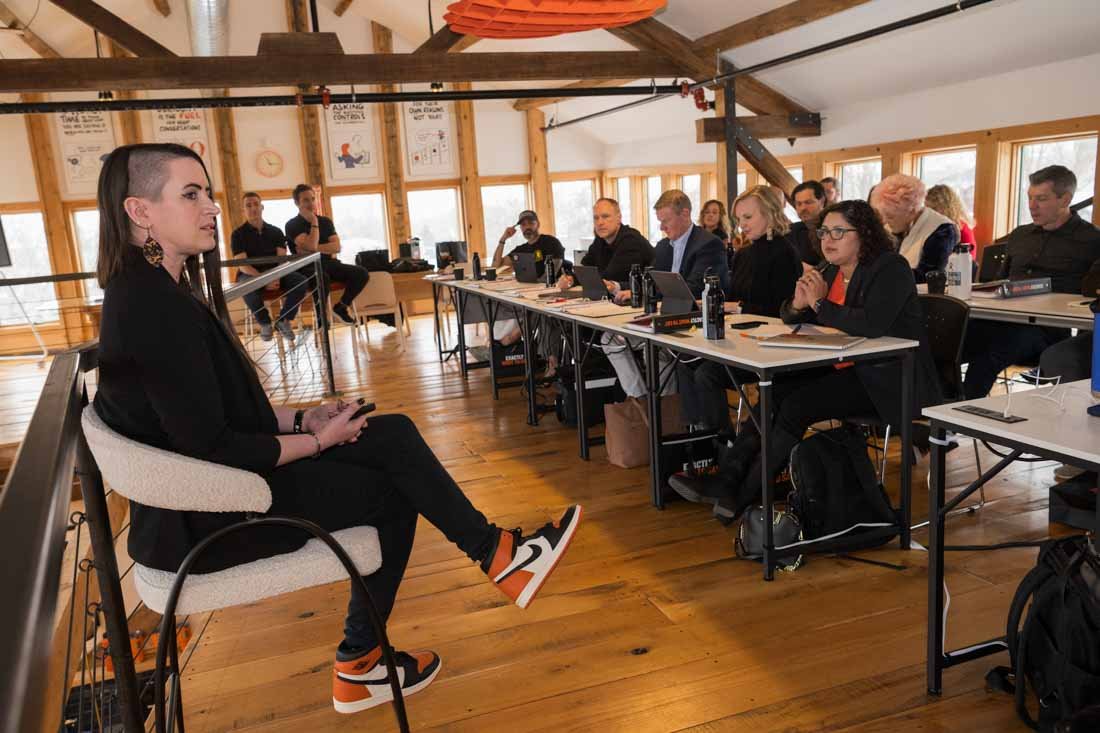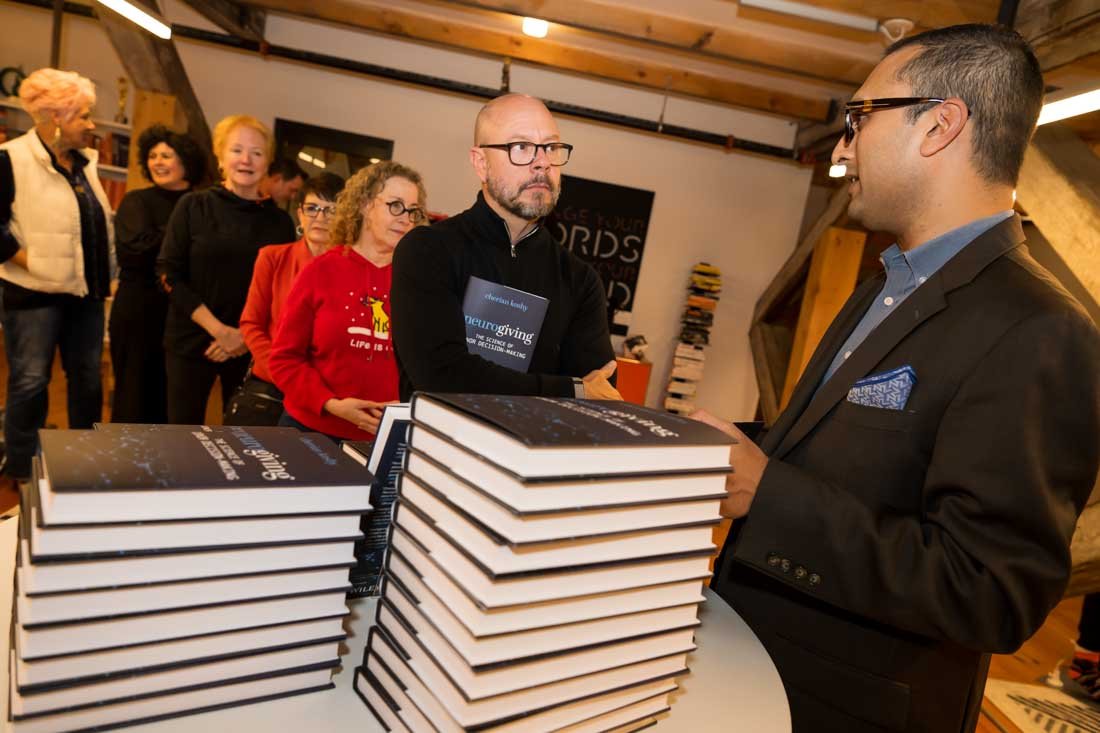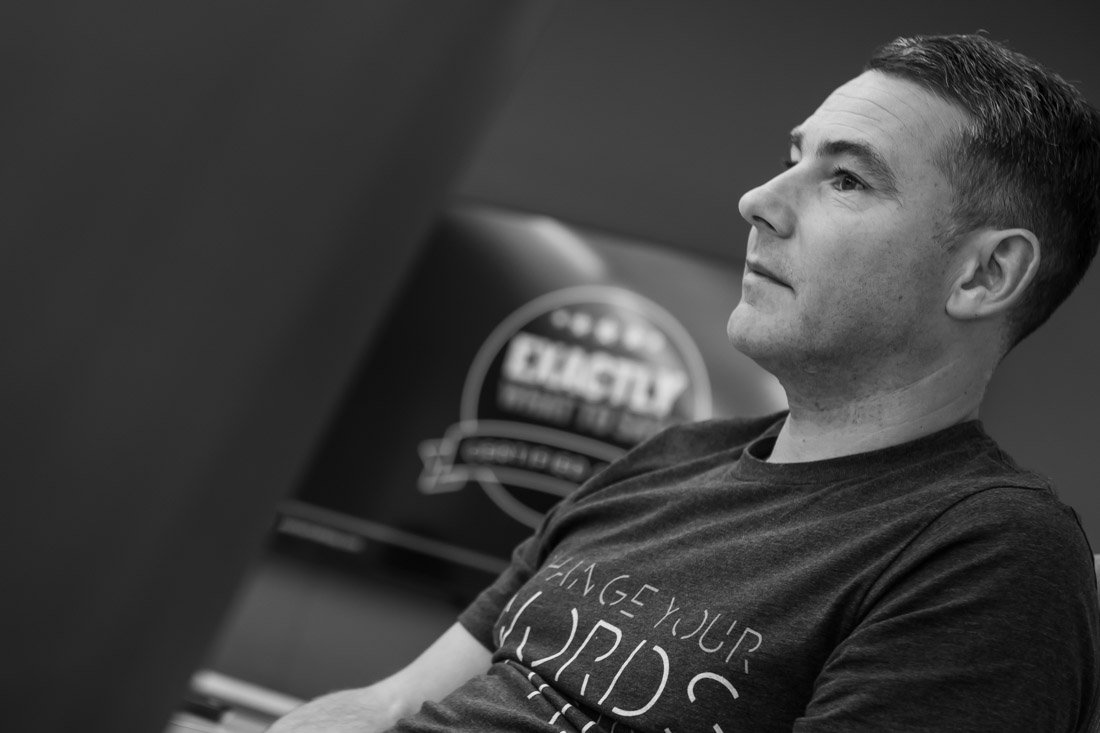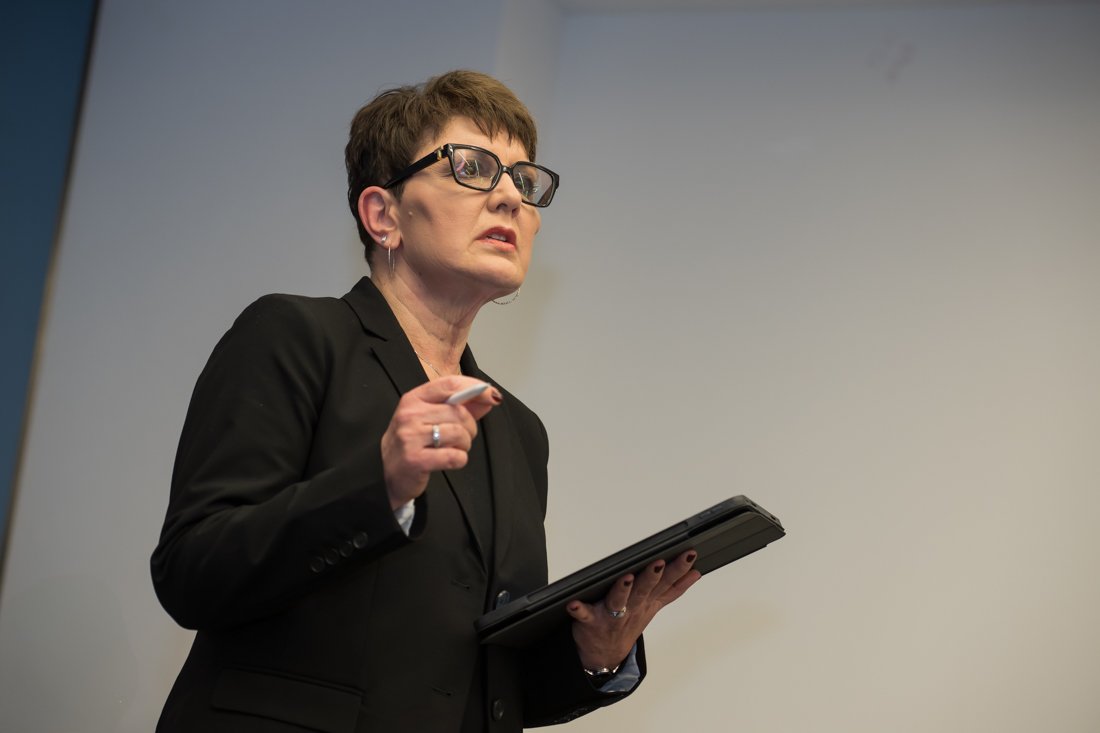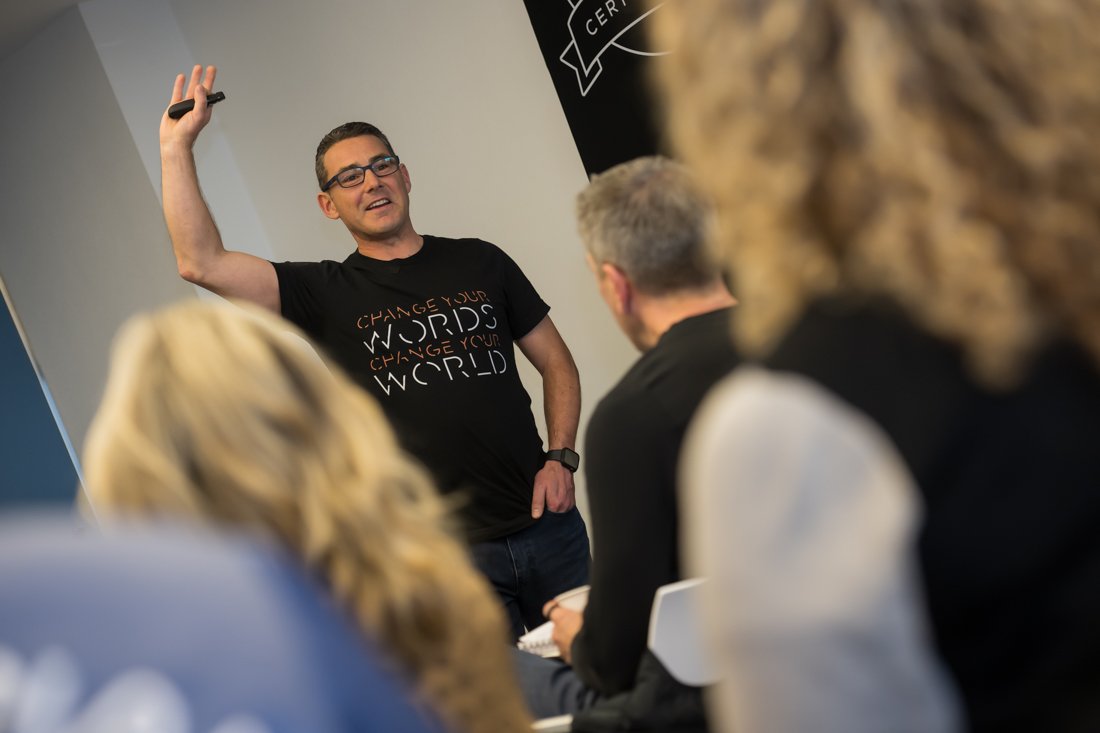The Power of “Help Me Understand…”
Instead of rushing to explain or excuse, I asked a trusted colleague: “Help me understand how we got here—what steps led to this miss?”
This phrase, one of Phil M. Jones’ “magic words,” helped open a judgment-free dialogue. It allowed us to assess the situation calmly and collaboratively, rather than placing blame.
Turning Panic into Possibility: “Could it be possible…?”
When we understood what happened, and HOW it happened, we were able to move into problem-solving mode. We had a choice: apologize quietly, or make it right loudly. That’s when another phrase came to mind: “Could it be possible to turn this into something positive?”
What followed was a bold, creative pivot—we produced a special-edition “Thank You” newsletter focused entirely on our primary donor’s impact. We shared their story, their generosity, and how their support had transformed lives. And we sent it to the entire constituency.
The Lesson: Resilience Isn’t Reaction—It’s Preparation
One of the cornerstone beliefs in Exactly What to Say is: “The worst time to think about what you’re going to say is in the moment you’re saying it.”
I’ve learned that resilience is built in those moments before the panic. It’s having a toolkit of language, mindset, and intention ready—not to control everything, but to navigate anything.



